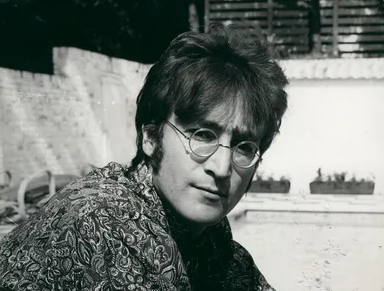
The Beatles, formed in Liverpool in 1960, are universally regarded as one of the most influential rock bands in history. The group’s lineup of John Lennon, Paul McCartney, George Harrison, and Ringo Starr significantly shaped popular music and the cultural landscape of the 1960s. Blending various musical genres, from skiffle and rock ‘n’ roll to Indian and classical influences,
the Beatles set themselves apart by exploring innovative songwriting and recording techniques. They didn’t just evolve the sound of pop and rock music; they helped to redefine music as an artistic and cultural force during a time of immense social change.
The band’s journey began with Lennon, McCartney, and Harrison, who had been playing together since 1958, joined by a series of drummers before Ringo Starr solidified the final lineup in 1962. With the managerial guidance of Brian Epstein and the production expertise of George Martin, the Beatles released their first hit, “Love Me Do,”

which marked the beginning of their meteoric rise to global stardom. By 1964, “Beatlemania” had swept the world, and the band led the British Invasion of the U.S. music market, earning a massive international fan base.
Over time, the Beatles transitioned from a focus on live performances to a more sophisticated studio-driven approach. Their landmark albums—*Rubber Soul*, *Revolver*, and *Sgt. Pepper’s Lonely Hearts Club Band*—pushed the boundaries of recording technology and artistic expression, influencing the music industry and culture in profound ways.
The band retired from live performances in 1966, instead focusing on creating more complex studio albums, such as the self-titled *The Beatles* (also known as “The White Album”) and *Abbey Road*, which solidified their legacy during the album era, where albums became the dominant format for musical releases.
The Beatles’ innovations extended beyond music. They were pivotal in promoting Eastern spirituality and psychedelic culture, and their work in electronic music, album art, and music videos had lasting impacts on the industry. Their establishment of Apple Corps in 1968 symbolized their influence beyond just their music, fostering a multimedia legacy that endures today.
Even after their breakup in 1970, the Beatles’ influence continued through the solo careers of the band members. Lennon’s assassination in 1980 and Harrison’s death in 2001 marked the end of an era, but McCartney and Starr have remained active in the music scene.
The Beatles’ lasting legacy is evidenced by their record sales, critical acclaim, and numerous accolades, including multiple Grammy Awards, induction into the Rock and Roll Hall of Fame, and their top ranking in Rolling Stone’s list of greatest artists.
In sum, the Beatles revolutionized music and culture, becoming an unparalleled force in popular music history. Their innovative contributions, both as a group and individually, have left an indelible mark on music and continue to resonate across generations.
Leave a Reply